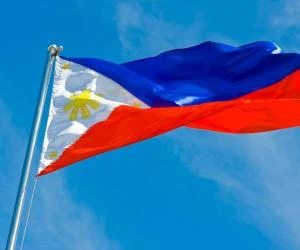Philippines probes economic impact of offshore industry

The Philippines’ Central Bank and Anti-Money Laundering Council (AMLC) are investigating the potential economic impact of curtailing offshore gaming in the country, amid growing pressure from China to clamp down on the industry.
Benjamin Diokno, who is the bank’s governor and also chair of the AMLC, said that the probe into Philippine offshore gaming operators (POGOs) had started before China called for the Philippines to ban all forms of online gaming last week.
Earlier this month, the Philippine Amusement and Gaming Corporation (PAGCOR) suspended the award of licences to POGOs until at least the end of this year, citing concerns over illegal operations and security.
“I already asked the AMLC team plus our financial stability team as to the impact of, for example, discontinuing the POGOs in the Philippines,” said Diokno, according to the Philippine Star newspaper.
“What is the impact on real estate and the economy? We are looking at the economic risks of having POGOs here. One of our mandates is financial stability.”
Diokno did not give a deadline for a conclusion of the investigation. The AMLC includes the commissioners of the country’s Insurance Commission, and also the Securities and Exchange Commission.
China has been ramping up the pressure on neighbouring countries to clamp down on online gambling, which it believes illegally targets Chinese nationals, with Cambodia also having halted the award of online gambling licences this month.
Just days before PAGCOR’s suspension of POGO licences, a Chinese embassy spokesperson in the Philippines warned the Philippines to adopt “concrete and effective measures to prevent and punish the Philippine casinos, POGOs and other forms of gambling entities for their illegal employment of Chinese citizens and crack down related crimes that hurt the Chinese citizens”.
PAGCOR has since played down the impact of POGOs on Chinese citizens, although the Philippine Star reported that POGOs employ 130,000 Chinese nationals.
